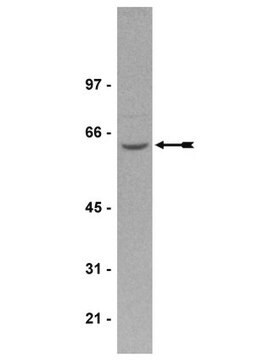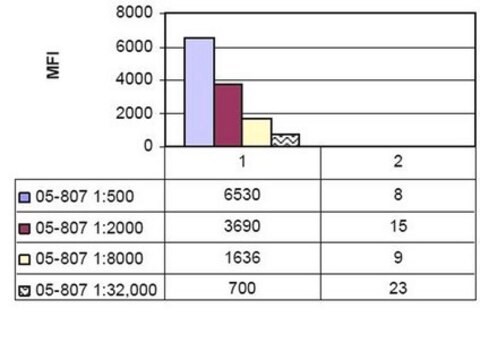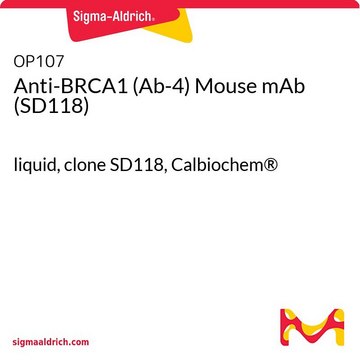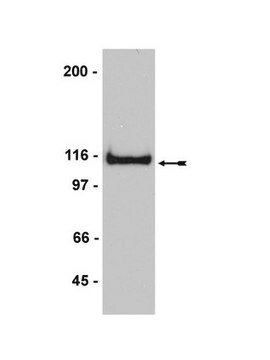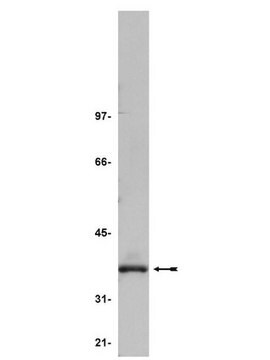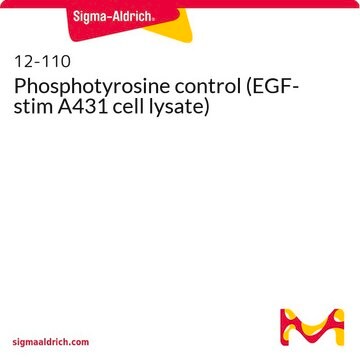07-324
Anti-PP2A Antibody, C subunit
Upstate®, from rabbit
Synonym(s):
Anti-NEDLBA, Anti-PP2Ac, Anti-PP2CA, Anti-PP2Calpha, Anti-RP-C
About This Item
Recommended Products
biological source
rabbit
Quality Level
antibody form
affinity isolated antibody
antibody product type
primary antibodies
clone
polyclonal
purified by
affinity chromatography
species reactivity
bovine, rat, human, mouse
manufacturer/tradename
Upstate®
technique(s)
western blot: suitable
isotype
IgG
UniProt accession no.
shipped in
wet ice
target post-translational modification
unmodified
Gene Information
human ... PPP2CA(5515)
Specificity
Immunogen
Application
Signaling
Neuroscience
Oxidative Stress
Neurodegenerative Diseases
Quality
Target description
Physical form
Storage and Stability
Legal Information
Disclaimer
Not finding the right product?
Try our Product Selector Tool.
recommended
Storage Class Code
10 - Combustible liquids
WGK
WGK 2
Regulatory Listings
Regulatory Listings are mainly provided for chemical products. Only limited information can be provided here for non-chemical products. No entry means none of the components are listed. It is the user’s obligation to ensure the safe and legal use of the product.
JAN Code
07-324:
Certificates of Analysis (COA)
Search for Certificates of Analysis (COA) by entering the products Lot/Batch Number. Lot and Batch Numbers can be found on a product’s label following the words ‘Lot’ or ‘Batch’.
Already Own This Product?
Find documentation for the products that you have recently purchased in the Document Library.
Our team of scientists has experience in all areas of research including Life Science, Material Science, Chemical Synthesis, Chromatography, Analytical and many others.
Contact Technical Service